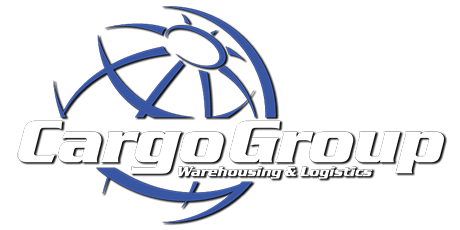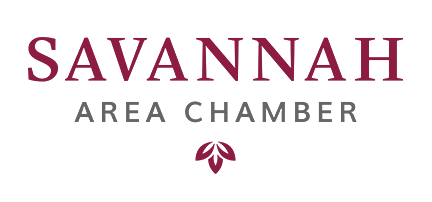Brown Marmorated Stink Bugs are generally regarded as a serious agricultural pest that has caused crop damage across the Eastern United States ever since they were first found on the US mainland in 1998. They are believed to have arrived as stowaways in packing crates or on various types of machinery. The stink bugs feed on a large variety of crops including apples, apricots, asian pears, cherries, corn, grapes, lima beans, peaches, peppers, tomatoes, and soybeans. The destructive potential of these little bugs is not to be underestimated. As such, it’s critical that the spread of these agricultural pests be contained to the areas in which they are already present. In particular, Australia has imposed strict guidelines to protect its mainland from the unwelcome stink bug invasion.
Every year, Australia enforces seasonal measures to manage the risk of BMSB, or Brown Marmorated Stink Bugs, from arriving in Australia. The ecological health of Australia’s wildlife is vital to the health of the country, therefore it’s imperative that these important measures are followed. Heightened biosecurity measures will apply to certain goods manufactured in, or shipped from high-risk countries, and/or vessels that dock at, load, or ship from high-risk countries. The United States is one of the countries that fall into this category as a high-risk location.
Let Cargo Group and our registered treatment providers handle the fumigation to ensure your shipments are in compliance with Australia’s Brown Marmorated Stink Bug (BMSB) treatment requirements. Cargo Group uses either Sulfuryl Fluoride or Methyl Bromide to provide treatments. Flat Racks will be fumigated within the appropriate time frame to ensure they are loaded on the vessel within the 120-hour requirement. Containerized fumigations will be sealed within the 120-hour compliance. Finally, certifications will be provided upon completion to ensure proof of compliance, resulting in an easier process for you.
As a business, it’s vital that you are compliant with all standards and regulations with any country that you are doing business with. Not only to protect the sensitive ecosystems that support us all, but also to protect the security of your business and your ability to continue doing business where your customers are at. We will help you by making sure that your goods are fully treated for BMSB, fully passing the requirements needed to continue doing business in Australia.
Goods shipped between September 1st, 2020, and April 30th, 2021 will need to be treated and will be referred for intervention if they arrive by May 31st, 2021.
Target high-risk goods include combustibles, wood or charcoal, cork, carpets and other textiles, stone, plaster, cement, asbestos, mica, ceramics, glass, iron, steel, copper, nickel, aluminum, lead, zinc, tin, other base metals, tools, cutlery, nuclear machinery or parts, electrical machinery or parts, railway manufacturing products, aircraft, ships, vehicles, and arms and ammunition.
Target risk goods are goods that are still considered a risk but do not require mandatory treatment. However, random inspection and increased intervention are still common for risk goods. These good include salt, sulfur, lime, plaster, cement, ores, slag, ash, mineral fuels, mineral oils, inorganic chemicals, organic chemicals, fertilizers, miscellaneous chemical products, plastics, rubber, wood pulp, wicker or straw, paper, books, newspapers, printed products, twine, rope, and other weaving material.







